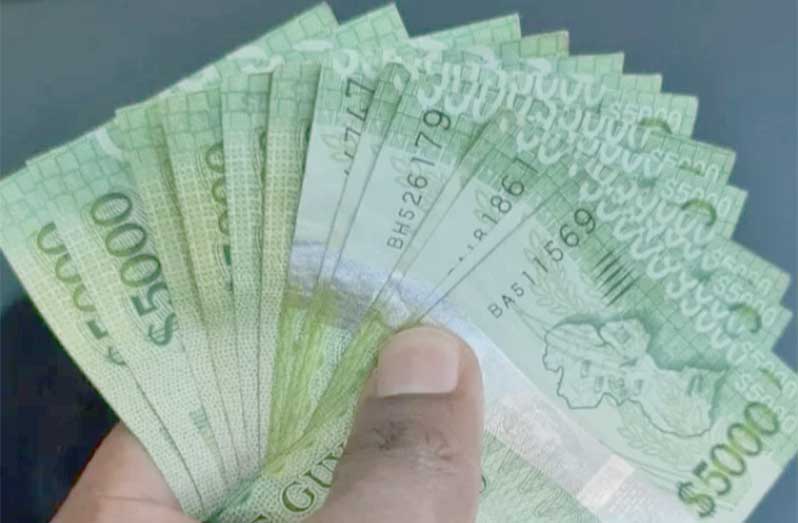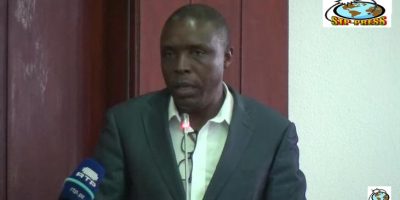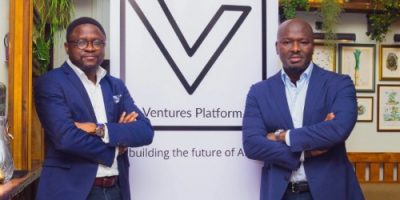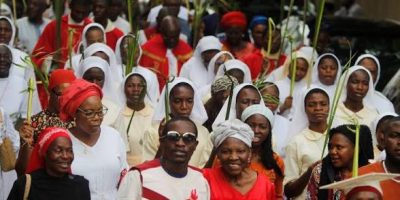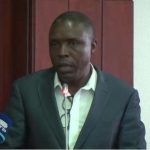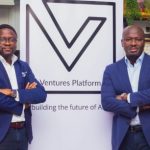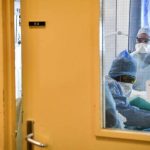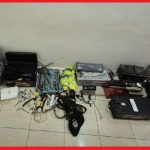–President Ali announces, fisherfolk to get $150,000 grant
PRESIDENT Dr. Irfaan Ali has announced that his government will unveil a comprehensive package of measures before the end of the year aimed at empowering all categories of Guyanese, including persons living with disabilities, the elderly, women, children, farmers and small business owners.
During an interview aired on News Room on Wednesday, the President said the forthcoming initiatives will not only provide direct cash transfers to families but also focus on broader programmes designed to strengthen social and economic empowerment across the country.
“I’m going to announce a comprehensive slew of measures that would include, of course, cash transfer to families before the end of the year. That will take us not only into the next year, but will take us into our cycle of government in the next five years,” the Head of State said.
He emphasised that the administration is pursuing a holistic approach that goes beyond immediate financial relief to address the diverse needs of citizens.
Highlighting the government’s ongoing efforts to modernise public services, the President noted that the entire system is being digitised to ensure efficiency and transparency in the distribution of benefits. To this end he encouraged the public to open bank accounts in preparations of electronic transfers.
Meanwhile, President Ali also announced that the government will be giving $150,000 to each fisherfolk as part of an effort to better support these workers.
Back in August President Ali had disclosed that Guyanese fisherfolk can expect more direct support, training, co-investment opportunities and a climate fund to enhance their lives and the local industry.
President Ali had then outlined plans to adopt newer technologies, training and equipping fisherfolk with the tools needed to ply their trade with greater precision.
The government too will continue to support them with subsidised fuel, building out landing facilities, and provide support in reinvesting in their vessels.
Back in 2022 a one-off cash grant of $150,000 was announced by the government to assist fisherfolk.
It was introduced to combat the financial burdens caused by low catch rates, rising operational costs, and the increasing cost of living, the grant also aimed to support the government’s goal of making Guyana a Caribbean food supply hub.
Just about 5,000 fisherfolk benefitted from this direct support.

